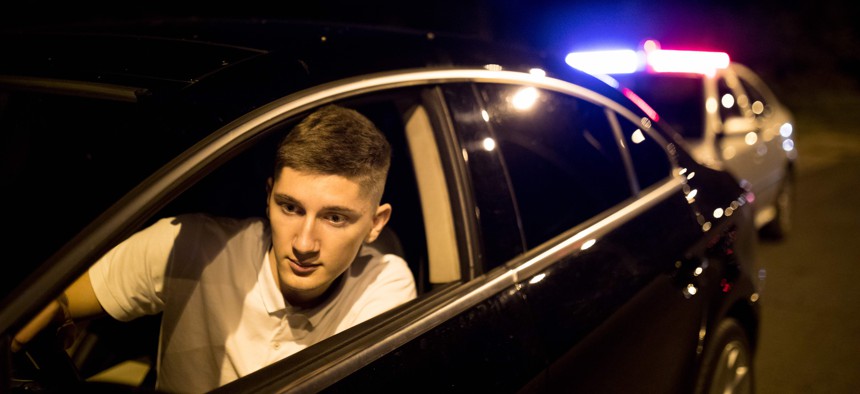Reckless Drivers in This City Could Lose Their Cars

GettyImages/ Dusan Ilic
A newly proposed Milwaukee ordinance targets repeat offenders by taking them to civil court and establishing their behavior as a "public nuisance.”
In Milwaukee, a proposed ordinance to take away vehicles from repeat reckless drivers received unanimous approval from the city council and the acting mayor’s support for labeling a series of traffic offenses as a public problem.
Traffic fatalities continue to rise across the country, with an estimated 31,720 people dying in motor vehicle traffic crashes during the first nine months of 2021, according to the U.S. Department of Transportation’s National Highway Traffic Safety Administration. The projection is the highest number of fatalities during the first nine months of any year since 2006.
The purpose of the ordinance is to target repeat reckless driving offenders by taking them to civil court and establishing their behavior as a "public nuisance." Should the judge agree, the court could issue an order to stop the nuisance and sanctions could be imposed to take the offender’s car away temporarily or permanently.
"This proposal … is another strong step forward in our efforts to address our reckless driving epidemic," acting Mayor Cavalier Johnson said in a Facebook post.
The Milwaukee plan was described by one local police official as a “novel theory” and, to his knowledge, it is the “first of its kind.”
“The reality is none of the other legal remedies are working,” Alderman José Pérez told the Milwaukee Journal Sentinel. “Tickets, bench warrants … none of it is working. This will provide another tool because reckless driving is a huge complaint."
States (Sort of) Taking Action
Many safety advocates are pressing for state and federal officials to act amid the increase in traffic deaths.
State lawmakers in 2020 debated policies that could impact road safety, although most legislatures wrapped up business before the increase in road deaths started.
For example, 17 states considered legislation dealing with seat belts, but few were enacted, with New York being a notable exception, according to the National Conference of State Legislatures. In addition, nine states revised speed limit policies, although that included both policies to let local governments lower speed limits on their streets and the state raise speed limits on highways.
Andre Claudio is an assistant editor at Route Fifty.
NEXT STORY: Mayors Call on Congress to Extend Expiring Pandemic Era Food Aid





